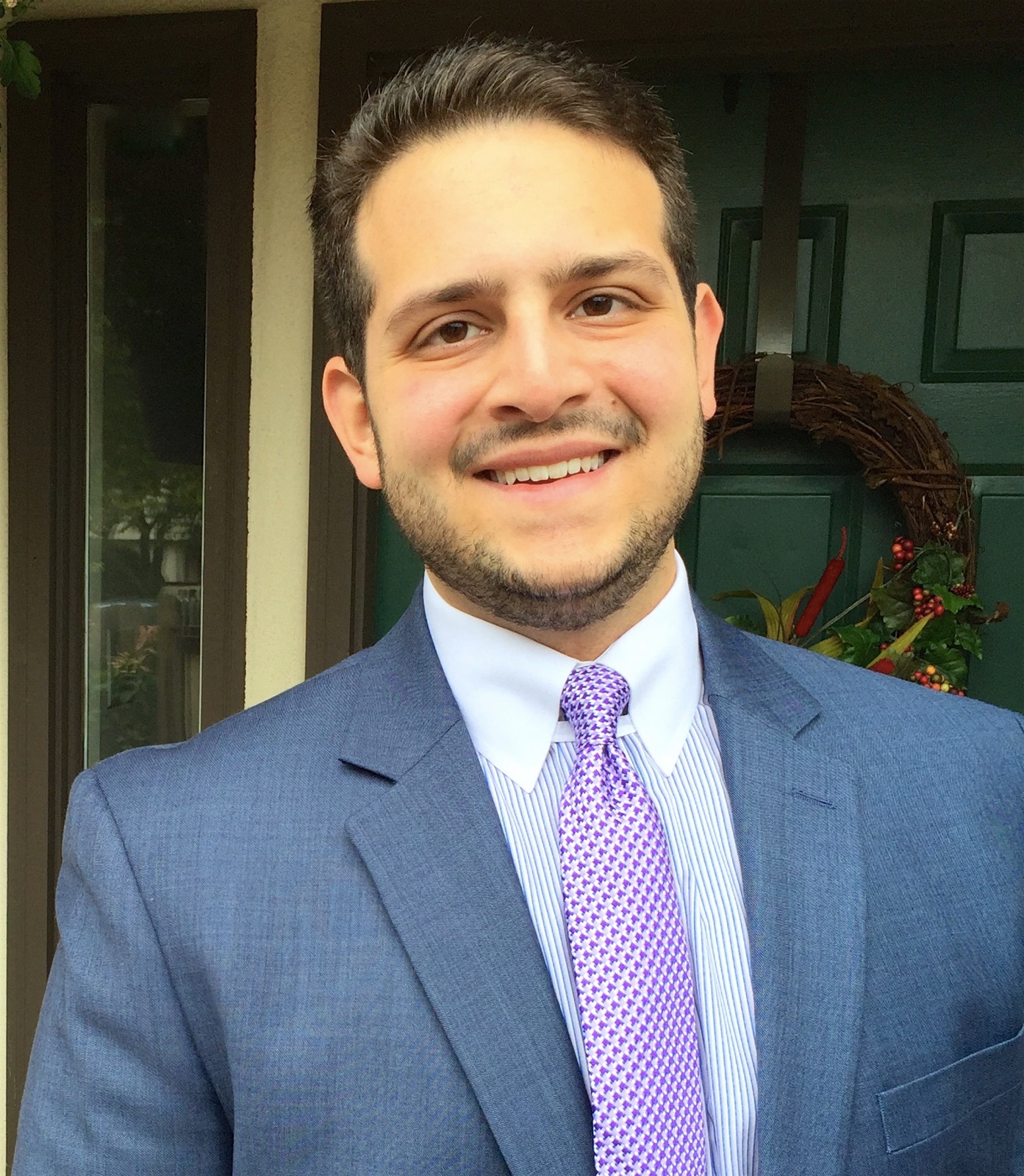Alumni Spotlight: Eric Greene '15
April 1, 2022
 When did you graduate from Drexel?
When did you graduate from Drexel?
I graduated in December 2015.
What drew you to the PA profession and Drexel’s program, specifically?
I fell in love with the profession during high school when I was volunteering at my local hospital. I was able to shadow PAs in various departments, from the emergency room to internal medicine. During this time, while the Affordable Care Act was being drafted in Congress, I realized that PAs embodied the future of medicine. Drexel’s program attracted me due to their five--year BS/MHS program, along with its location in downtown Philadelphia.
Was there a faculty member that inspired you during school?
All of the faculty members influenced me during PA school and motivated me to become the PA I am today. They all offered unique perspectives on medicine, education and life in general. During my time as the class of 2015 president, I developed close relationships, in particular, with Julie Kinzel, Dr. Ellen Feld, Adrian Banning and the previous director of the program Dr. Pat Auth; however, all of the faculty members were great!
After graduation, where did you practice?
I practiced in many clinical settings, all of which were around Philadelphia. When I first graduated, I worked in two private internal medicine practices, while also moonlighting at Crozer Keystone urgent cares and Aria Jefferson hospitals in their observation units. It was an extremely busy time! Thankfully, I now just have one full-time position.
In your first year out of school, what was the most important lesson you learned?
There is the daunting truth: you graduate from PA school with so much knowledge, yet in many ways, you know nothing at all. I learned very quickly that the best medical care is delivered with a team approach, and I surrounded myself with knowledgeable colleagues. Practicing medicine in my first year taught me to ask for help often, which helped me create trusting relationships with my attendings and other more experienced APPs and RNs. You learn so much about medicine, and yourself, during that first year of clinical practice.
What environment do you practice in now?
I now work exclusively at an outpatient, general pediatric practice. We have two locations, one in Delaware County and one in Chester County, PA, with eight physicians, three nurse practitioners and myself, the sole PA.
How can PA professionals improve health equity?
The COVID-19 pandemic exposed the current fragility of the American health care system. Even in areas with seemingly strong health care resources, so many individuals cannot access care. Delayed health care always leads to poor outcomes. PAs can extend a practice's reach and scope, providing more immediate, high-level care to families and people in need.
Describe a day in your clinical practice.
In my outpatient pediatric practice, we see a wide variety of conditions from ages 0-24. From 8 a.m. to 5 p.m., I see on average 15-25 patients, ranging from URIs and cold/flu illnesses, well child visits, to medication rechecks for chronic illnesses such as anxiety/depression, ADHD, asthma and OCP management. I have my own patient following and perform patient visits independently. Appointment times range from 20-40 minutes depending on the chief complaint, and I am almost always working alongside a physician or CRNP in case I need assistance. I also work with MAs who take vitals and assist with vaccinations. I try my best to do most of my charting either in the patient room or in between patient visits, so at the end of the day, I have more time for patient phone calls.
For a student about to graduate, what strategies would you share about how to stay present and avoid burnout?
A career in medicine is a marathon, not a sprint. With more time and experience, you can take on additional projects and initiatives. For your first job after graduation, focus solely on learning as much medicine as you can while establishing your own style and workflow. Taking so many jobs early in my career was not sustainable, nor healthy, for long. Work with your attendings to establish appropriate oversight, patient loads and appointment length times to ensure you can succeed. Also, I have personally automated a lot of my EMR tasks to make documentation super-efficient. Put in the time early to optimize your system to save countless hours working in the future. And don’t forget to have fun! Continue all your hobbies you had before and during PA school to maintain your mental health. You have a life outside work, don’t be afraid to say “no.”